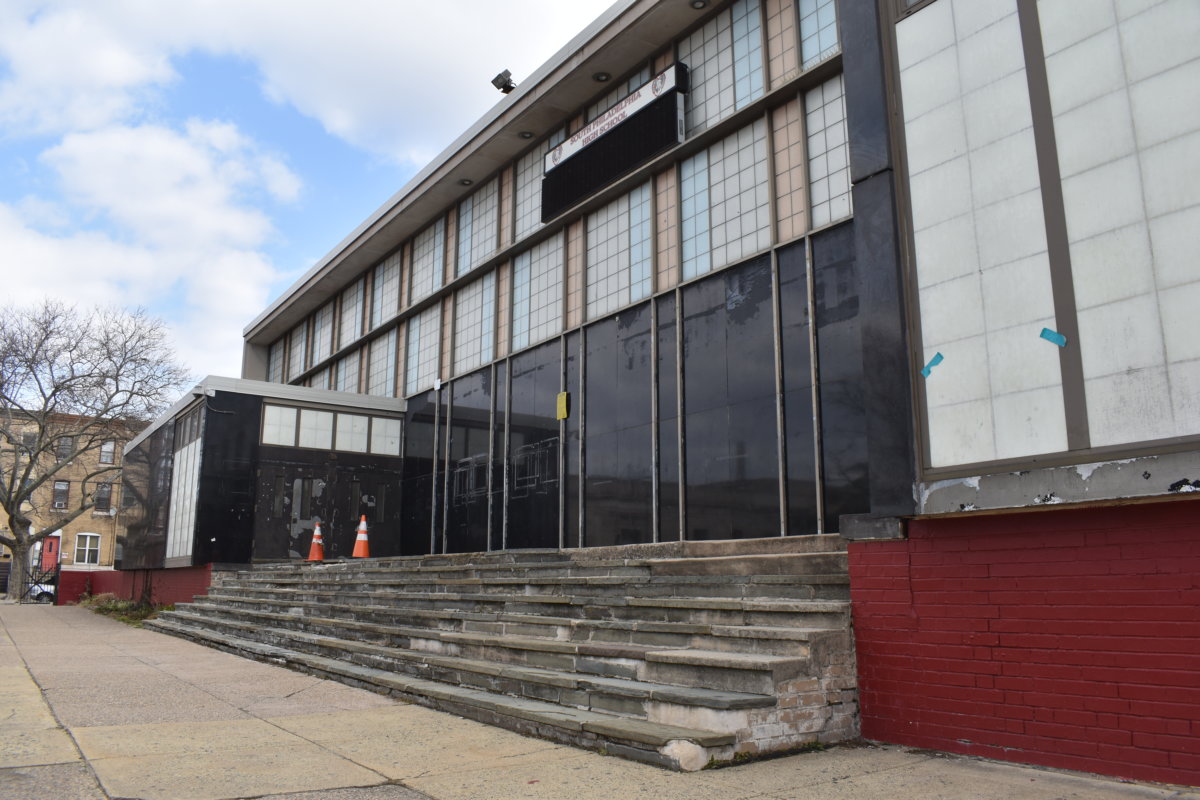More than one in every five Canadian soldiers and police officers deployed to Afghanistan leave the force with post-traumatic stress or other psychiatric problems and that figure is rapidly rising, the Toronto Star has learned.
By the end of last month, the number of soldiers and police officers discharged from the military and RCMP for psychological strains after tours in Afghanistan had reached 1,053, representing an increase of more than 50 per cent from 2008, a spokesperson for Veterans Affairs Canada told the Star.
The increase had been predicted in documents released under the Access to Information Act.
The documents admit longer, multiple and more dangerous deployments “have led to an increase in the prevalence of operational stress injuries among the members of these organizations.”
Another reason for the jump appears to be an effort by the military and government to quickly identify and treat individuals with post-traumatic stress before their conditions worsen. Untreated cases in the past have resulted in tragic and horrifying cases of drug addiction, assault, rape and even suicide.
Still, the number of soldiers and Mounties released from service to seek psychological help has surprised even some of the most experienced observers of operational stress injuries.
“That does seem a little high, higher than I would have expected,” said Joe Sharpe, a retired brigadier general who works on PTSD policy with Veterans Affairs.
The feds have spent millions on treatment clinics across the country to treat military and police veterans after years of criticism that it was failing those who risk their lives in the country’s defence.
But a December 2008 report by military ombudsman Mary McFaddyen found some soldiers still not getting proper care. She also faulted the military for delaying plans to hire hundreds of mental health experts to treat wounded soldiers.
Remote military bases in Gagetown, N.B., Shilo, Man., and Petawawa, where thousands of soldiers are currently returning home from Kandahar, have had particular difficulty attracting mental health experts.
















